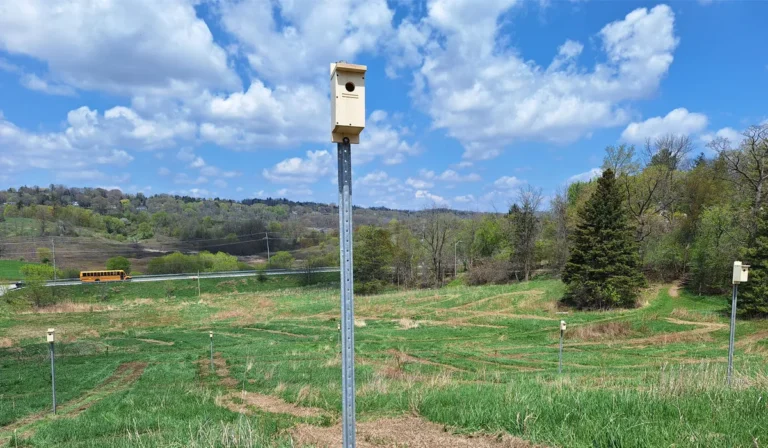This week, a cluster of mosquitos trapped in Hamilton have tested positive for West Nile Virus, leading the medical officer of health to move the risk in Hamilton from moderate to high. This all sounds a bit scary, so what is West Nile Virus and what can you do to protect yourself? Have a look below for more information and some tips on preventing West Nile Virus.
How do I get West Nile Virus?
West Nile virus is spread to humans mainly when an infected mosquito bites them. In a small number of cases, West Nile virus has been spread through blood transfusions, organ transplants, breastfeeding or in pregnancy from the mother to her baby. The virus is not spread by person to person contact such as drinking from the same cup.
- Avoid mosquito-infested areas. They like weeds, tall grass and bushes.
- Avoid cologne, perfume and scented body lotion when going outdoors.
- Wear long-sleeved shirts, long pants, hats, socks and shoes; tuck your pants into socks.
- Repair damaged doors and window screens so mosquitos cannot get inside.
- Avoid spending time outdoors from evening until early morning, when mosquitoes are most active.
- Use an insect repellent that contains DEET for your family members that are older than six months of age.
West Nile Prevention
Remove standing water at least once every seven days on your property. Mosquitoes lay their eggs in very shallow standing water. If you remove the standing water they cannot lay eggs. Places to check for standing water include:
- Bird baths
- Old tires
- Unused containers
- Flower pot saucers
- Swimming pool covers
- Wading pools
- Clogged gutters and eavestroughs
- Clogged drainage ditches
- Small containers
- Unused children’s toys
How do you know if you have West Nile Virus?
Only about 20% of people with West Nile virus have symptoms. Symptoms usually appear two to 15 days after a mosquito bite from an infected mosquito. Symptoms may last several weeks. Some effects may be severe and permanent, including death for a small number of people.
Signs and symptoms of West Nile virus
Most people have mild symptoms that include:
- Fever
- Headache
- Nausea
- Vomiting
- A rash on the chest, stomach or back
- Body aches
Some people may have severe symptoms including:
- A stiff neck
- Confusion
- Tremors
- Muscle weakness
- High fever
- Severe headache
- Numbness
- Sensitivity to light
Seniors and people with weakened immune systems have the highest risk of developing severe illness from West Nile virus.
Less than 1% of people with West Nile virus develop other serious illnesses such as meningitis and encephalitis. Meningitis is swelling of the lining of the brain or spinal cord. Encephalitis is swelling of the brain. These conditions can cause lasting illness or death.
Talk to your doctor if you have think you symptoms of West Nile virus.
West Nile virus in humans is confirmed by a blood test or by testing the fluid around the brain and spinal cord. Test results take one to two weeks.
Information taken from the City of Hamilton website. For full information on West Nile Virus and the City of Hamilton, please visit their website.





